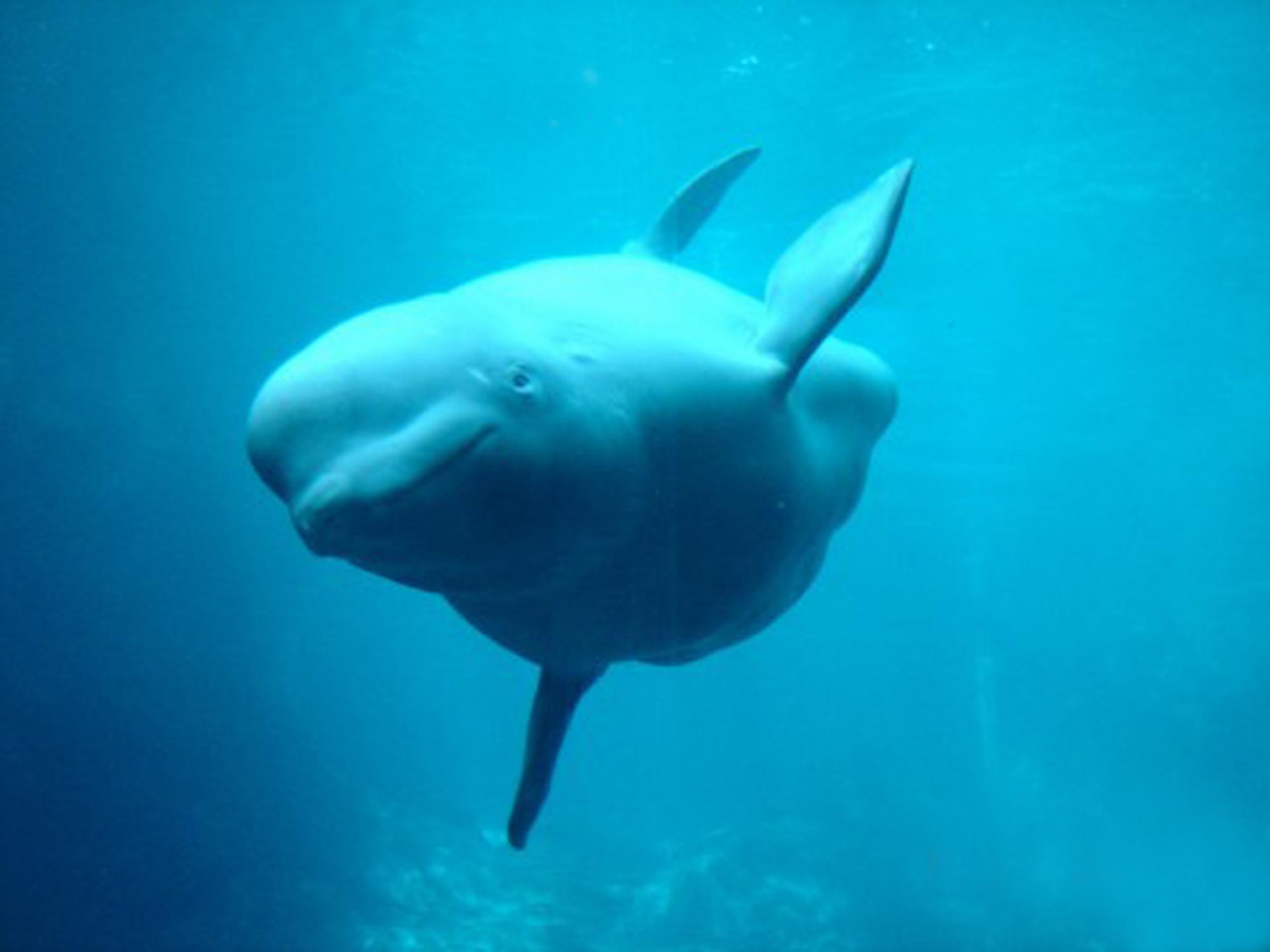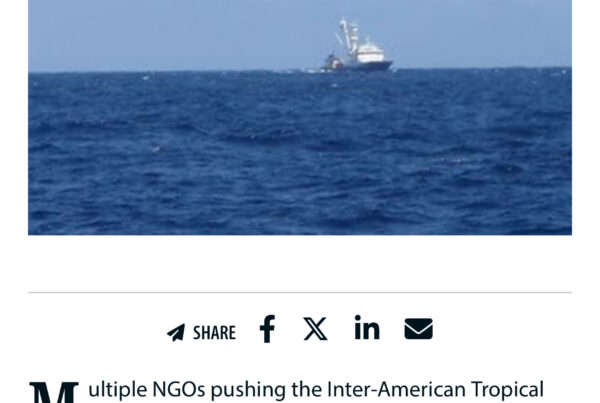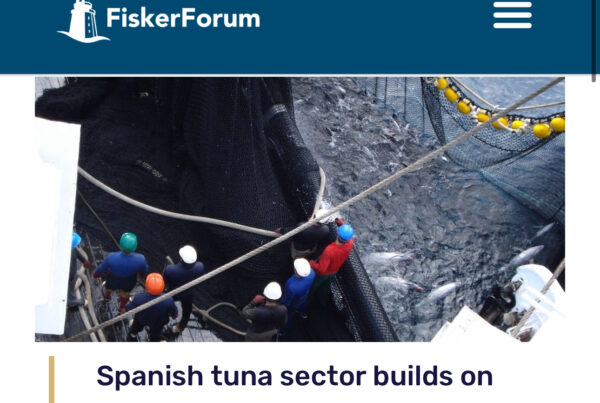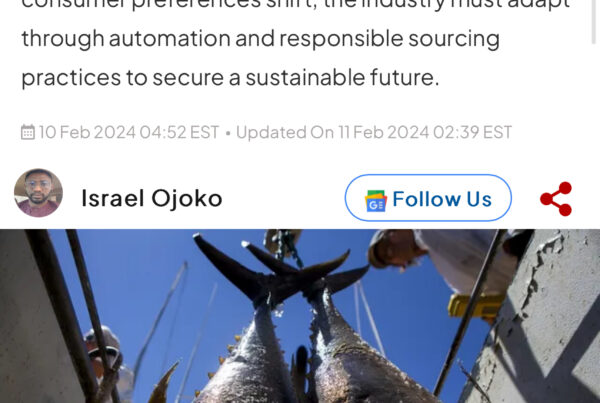Highlights
Recommended 2022 Species Recovery Grants Projects
NOAA Fisheries is recommending roughly $6.2 million in funding for state and tribal projects through its Species Recovery Grants Program. Around $3.6 million in funding is proposed for 12 new awards to eight states, one territory, and one federally recognized tribe. Another $2.6 million will support the continuation of 13 multi-year projects that were approved in prior grant cycles.
2022 Recreational Fisheries Summit Brings Together Fishing Community to Focus on Key Issues
Participants discussed climate change, ocean uses, recreational data, and management at the 2-day summit.
NOAA Announces Projects Recommended for Saltonstall-Kennedy 2022 Funding
NOAA Fisheries announces $11.87 million in grant funding for the promotion, development, and marketing of U.S. fisheries.
Save the Date: ICES/PICES Science Conference
NOAA Fisheries and the U.S. Department of State are hosting the first ever joint International Council for the Exploration of the Sea (ICES) and the North Pacific Marine Science Organization (PICES) Annual Science Conference October 23–27th, 2023, in Seattle, Washington. ICES and PICES are both key living marine science organizations driving research and policy in the North Atlantic and North Pacific respectively. While the U.S. regularly hosts annual conferences for both organizations, this will be the first time a host country has combined the two, providing a unique opportunity to fuel collaboration and innovation across oceans, science, and communities to further key global fisheries science goals important to NOAA, ICES, PICES, and the international living marine science community.
Alaska
11 Strange but True Facts About Lancetfish
The lancetfish is one of the stranger fish found in Alaska marine waters. Here are some interesting facts about this unusual fish.
NOAA’s Alaska Region Joins the Ocean Guardian Program
NOAA’s Ocean Guardian Program works with schools throughout the country to promote the conservation of local watersheds, the ocean, and national marine sanctuaries. Each school creates local projects to create environmentally sustainable events and programs that benefit the community and our planet.
Share the Shore: Harbor Seal Pups
NOAA’s Alaska Region has already received reports that harbor seal pups have arrived. Pupping season is typically between May and July, but each year a few pups arrive earlier. During the pupping and nursing season, mother harbor seals will leave their pups on shore for extended periods while they hunt and forage. These pups are usually not abandoned, but just resting.
West Coast
Migrating Puget Sound Steelhead Face Increased Predation at Hood Canal Bridge
The Hood River Canal Bridge is a major source of mortality for migrating steelhead smolts, according to new research in the peer-reviewed journal Ecosphere by NOAA Fisheries Northwest Fisheries Science Center scientists and the non-profit Long Live the Kings. Approximately half the smolts tracked by researchers died attempting to get past the bridge or soon after.
Pacific Islands
New Rule Focuses on Improving Survival of Hooked Oceanic Whitetip Sharks
NOAA is prohibiting wire leaders in the Hawaiʻi deep-set longline fishery. The measure is estimated to increase the survival of threatened oceanic whitetips by more than 30 percent.
Final Rule Regarding Pelagic Longline Gear and Operational Requirements
NOAA Fisheries is implementing longline gear and operational requirements to increase the survival of hooked oceanic whitetip sharks, effective May 31, 2022. This final rule prohibits the use of steel wire leaders within 1 meter of any hook deployed in the Hawaii deep-set longline fishery. In addition, this rule will require fishermen, with limited exceptions, to remove trailing gear from any oceanic whitetip sharks caught in longline fisheries operating under the Fishery Ecosystem Plan for Pelagic Fisheries of the Western Pacific, including the Hawaii deep-set and shallow-set longline fisheries and American Samoa longline fishery.
Southeast
Community Workshops Help Scientists Cast a Wider Net
Managing a fishery isn’t just about the fish; it’s also about the people who depend on having a healthy population of fish. Whether for food, recreation, income, or to support a healthy ecosystem as a whole, it’s important to understand how all of these objectives are interconnected.
New England/Mid-Atlantic
Are Large Cod Hiding in the Gulf of Maine’s Rocky Bottom?
In a new study, scientists have answered a nagging question about research survey data used in stock assessments for Gulf of Maine Atlantic cod. The study suggests that lower abundance, rather than fish evading trawl gear, is the reason our bottom trawl survey seldom catches large cod in the area.



